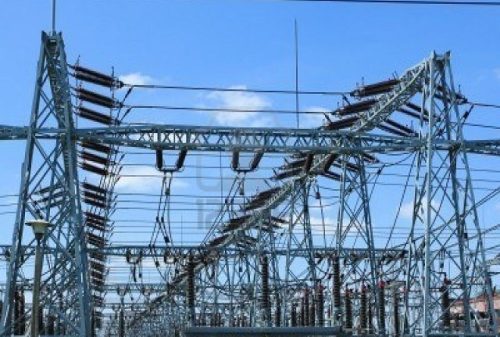In the first seven months of 2024, Nigeria’s electricity distribution companies (Discos) generated significant revenue, amassing N887.86 billion, up 46.96% from N604.15 billion during the same period in 2023. The earnings surge was influenced primarily by an increase in tariffs for Band A customers and enhanced revenue collection efficiency, which reached 79.7%. According to data from the Nigerian Electricity Regulatory Commission (NERC), Discos issued bills totaling N1.114 trillion but collected a substantial portion of that amount successfully. This increase has occurred despite widespread complaints from consumers regarding poor power supply and high energy costs, which have contributed to the rising cost of living and economic strain.
The increase in electricity tariffs was particularly notable after a lengthy two-year freeze. In April 2024, the Federal Government raised rates for Band A customers to N225 per kilowatt-hour, claiming that these customers received an average of 20 hours of daily electricity supply. However, the increase prompted significant public backlash, leading to NERC’s decision to roll back tariffs to N206.8 per kilowatt-hour after an 8.1% reduction. Notably, the tariff hike has caused hardship for many consumers, with ongoing community appeals to revise classifications that subject them to the highest billing rates, further exacerbating economic challenges.
Monthly revenue figures illustrate a growing trend in collections, with January generating N95 billion out of the N130.92 billion billed, and July culminating in N162.14 billion collected from a projected billing of N197.11 billion. This trajectory marks a substantial increase in revenue, with comparisons revealing a remarkable 107.48% rise in revenue from January to May alone. Such figures suggest that by the close of 2024, Discos could surpass their entire revenue from 2020 and may be on the path to break records established in 2021 through 2023. Historical data from the National Bureau of Statistics traces the revenue rise from N526.8 billion in 2020 to N1.1 trillion in 2023, heralding a significant upward trend.
As these revenues grow, stakeholders anticipate that Discos will reinvest a portion back into necessary infrastructure development, a critical area that has historically suffered from underinvestment. Millions of Nigerians currently rely on self-generated power, with less than satisfactory supply from the national grid. The government has recognized this gap in infrastructure and, in a bid to address it, secured a $500 million loan from the World Bank in May 2024. The loan is designated for financing distribution companies to improve their infrastructure, help reduce losses, and enhance power supply reliability, which are vital for achieving financial sustainability and accountability in the power sector.
Amidst rising revenues, players in Nigeria’s energy sector have also shown a shift in borrowing behavior, reducing their loans from commercial banks by N28.82 billion. The Central Bank’s quarterly statistics indicate a decrease in the sector’s loans from N1.12 trillion in January 2024 to N1.08 trillion by June, reflecting the growing concerns over high-interest rates and their effect on debt servicing. This reduction signifies a cautious approach to financing amid economic pressures, emphasizing the need for financial prudence as the sector navigates potential investments and operational costs.
In summary, while the electricity distribution sector in Nigeria demonstrates improving financial health through increased revenue collection following tariff hikes, it also contends with challenges stemming from consumer dissatisfaction, underinvestment in infrastructure, and high borrowing costs. The government’s recent efforts to secure funding and the push for infrastructural development signal a belief in the viability and urgency of reinvesting in the power sector. Stakeholders remain watchful of the evolving dynamics in electricity supply, tariff adjustments, and community responses, all of which will ultimately shape the future of electricity distribution in Nigeria.














